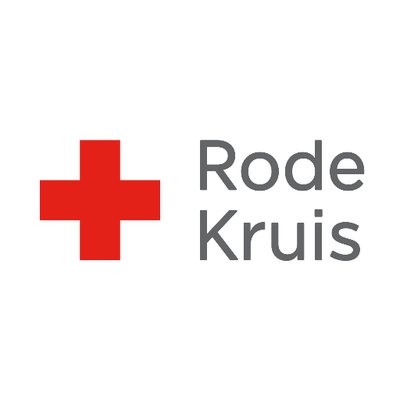
In the realm of humanitarian aid, each individual contribution is invaluable. Diederik Rodenburg, a dedicated professional with a passion for sustainability and a keen eye for facility management, plays an essential role within the Red Cross in the Netherlands. The Red Cross provides emergency assistance, supports vulnerable people nationally and internationally, and contributes to improving lives in crisis situations. With his diverse background, including experience in art transportation, Diederik brings versatility to the Red Cross as a facility manager, where he combines his passion for sustainability with his professional duties.
For Diederik, sustainability is not just a buzzword; it’s a way of life that he actively promotes within the Red Cross. His involvement in shaping a sustainability policy and establishing a sustainability working group demonstrates his commitment to embedding sustainable practices as an integral part of the organisational culture, from purchasing sustainable energy to buying second-hand refurbished furniture. Diederik emphasises the importance of sustainability within the organisation, stating, “The increasing frequency of natural disasters due to climate change is undeniable, and as the Red Cross, we are ready to provide assistance and ensure that people are better prepared for the consequences of any disaster. In our daily work at the Red Cross, we experience the direct impact of climate change, which is why we strive as an organisation to minimise our ecological footprint and contribute as little as possible to climate change.”
The Social Aid & Sustainability Benchmark Project marks a crucial step forward in the pursuit of sustainability. Non-profit organisations such as Partos, Fair Climate Fund, and the Red Cross are joining forces with GSES (The Global Sustainable Enterprise System), a platform that supports organisations in measuring, reporting, and externally validating sustainability performance, to develop a sector-specific benchmark. This enables non-profit organizations to measure, evaluate, compare their sustainability performance and communicate the impact of their projects externally.
For Diederik, this project represents an opportunity to bring about positive change both within and outside the organisation. In addition to providing a framework for measuring and communicating sustainability results in the non-profit sector, which strengthens the transparency and credibility of humanitarian projects, Diederik also hopes to increase awareness and encourage behavioral change. Through accurate measurements and transparent reporting, he hopes to bring about a paradigm shift in the way organizations approach sustainability.